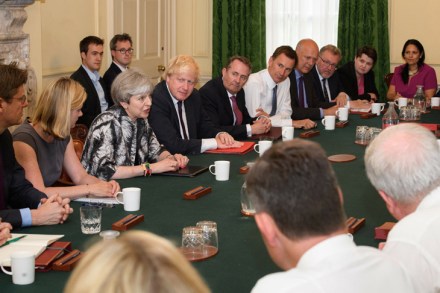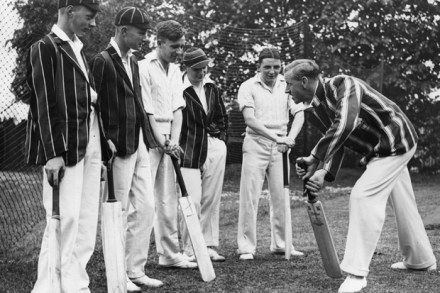Old school ties can’t last forever
Deplore it or revere it, you cannot but respect the private school industry’s wart-like survival in modern Britain. Has any other institution outlived its confidently predicted demise so robustly and for quite so long? It is getting on for 80 years since the liberal establishment turned against its own educational system. And yet the crusty old monster clings to Britain’s public face, now prettied up with the fittings and facilities of five-star hotels while offering one well-trained teacher for every 8.6 children. An anachronism of the 19th century has been revitalised in the 21st, thanks to brilliant advertising by Harry Potter and the injection of zillions of Russian and Asian




















